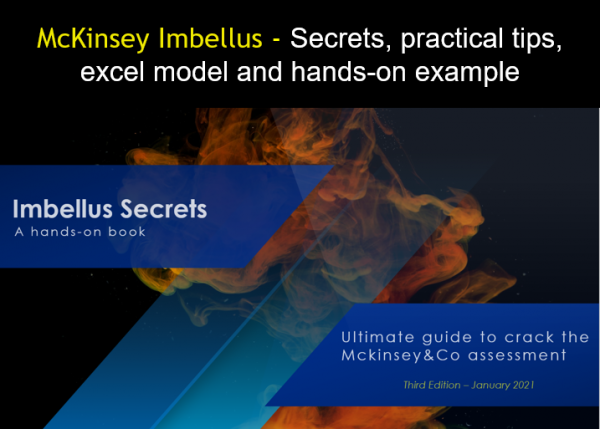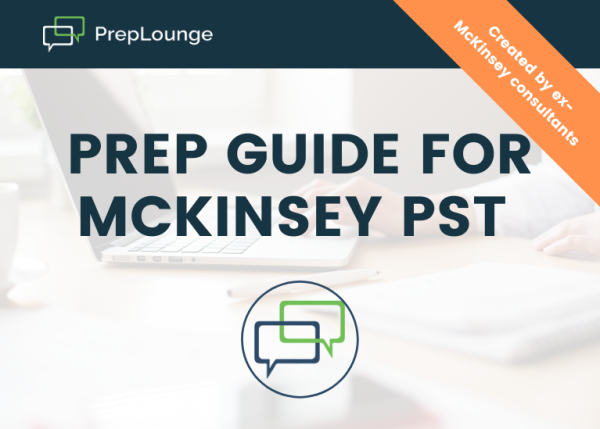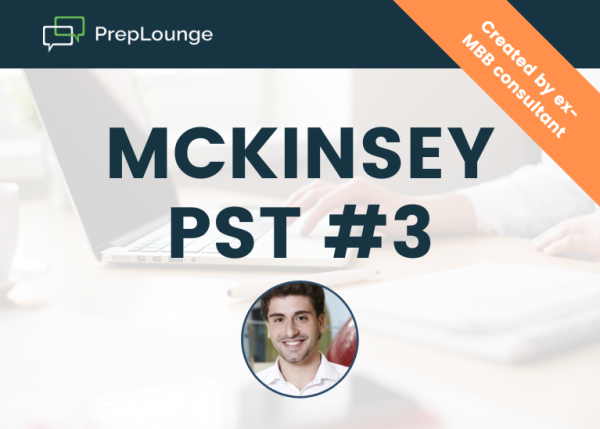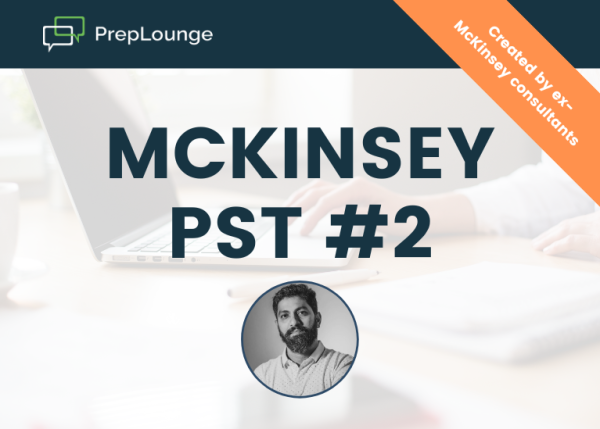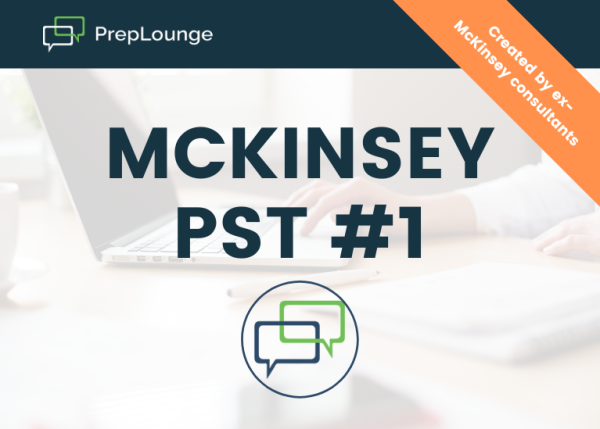Hello.
I had the final round at McKinsey for a summer internship position last year, but I did not make it.
However, they told me to apply for the full-time position this summer and participate in the final round skipping all the processes before that. And I can choose which month and day I want to have interviews.
They also told me that my weakness was logical thinking. I also think that I lack the ability to see and capture the overall picture of the problem (I am rather an intuitive type of person).
I am planning to prepare for the final round happening this summer and would like to get some advice.
Could you please give me tips to brush up on logical thinking and also to pass the final round?




